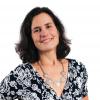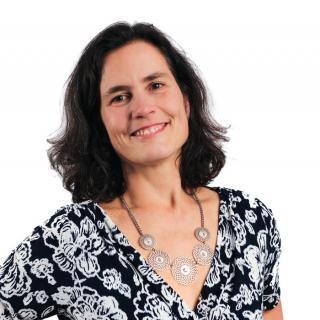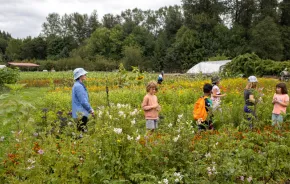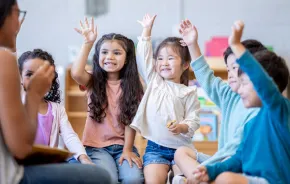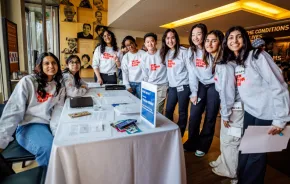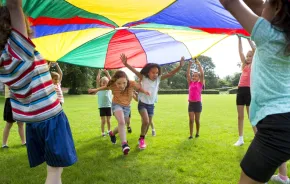Seattle-Area Families Explore Micro-School Options for Fall
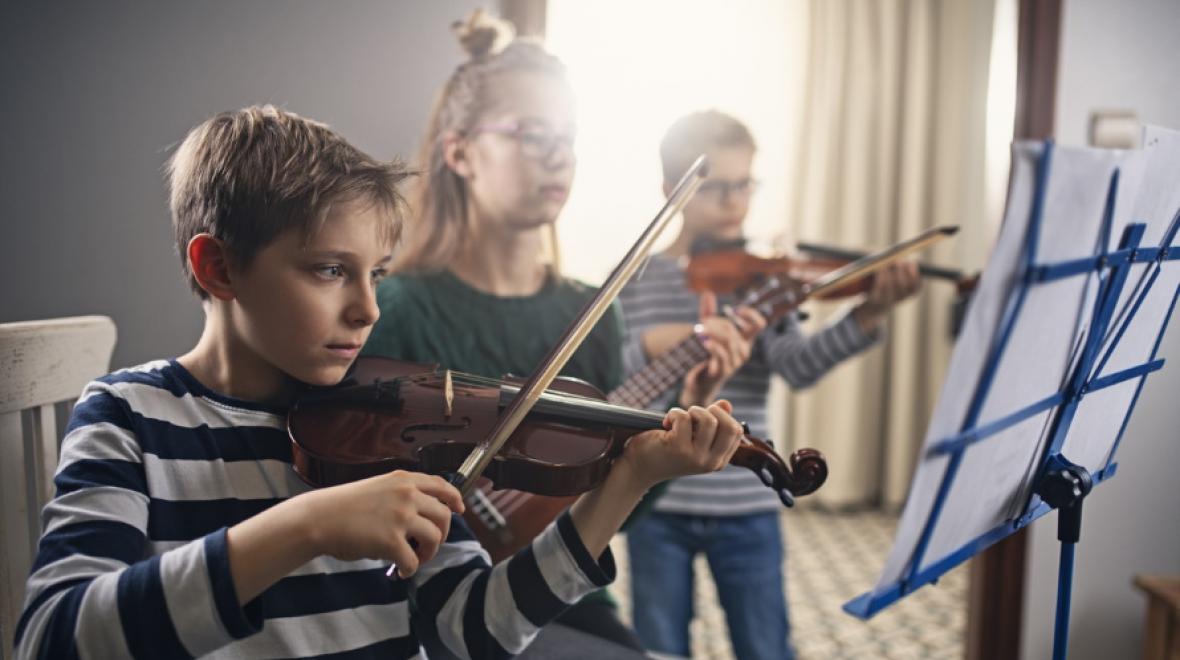
A nano-school network
Ivan Kerbel is a Seattle dad with a mission. Soon after schools closed, while many of us were bemoaning school closures and distance learning, the stay-at-home father of two young children got to work.
Initially thinking of summer, he started brainstorming about a way that neighborhood families could form small learning pods — 5 to 6 kids, tops — that would operate out of a home. Families could hire teachers and perhaps even rotate specialists, such as music and art teachers, around different pods. The idea was to focus on in-person, hands-on learning using the materials around them. More digging and crafting, less tech and Zoom. And less chance of infection: “I realized that we are all walking together into a very uncertain future. I knew that I could solve for our family; I thought that I could solve for other families as well,” he says.
Kerbel’s first step was to form a Facebook group called Parents, guardians and teachers of Seattle Micro-schools. The group has grown rapidly — it now has 690-plus members — and it includes families from all over the greater Seattle area.
He also launched a survey for parents and caregivers with questions asking about neighborhood, age of kids, budget, curriculum interests and whether they might be able to teach or host at their home. Prospective teachers fill out another survey. More than 400 parents and caregivers and about 35 teachers have responded to date, providing raw material for matching nearby families with each other, and with potential teachers.
Kerbel sees himself as a matchmaker. He is not the leader, he says, and the group is not a business. “I knew it was already happening; I was trying to add a layer of organizational help,” he says.
The Facebook group is a hub of conversation, as members collectively raise questions and crowd-source answers as to what a home-based micro-school might look like in the COVID era. Many families might group to supplement remote learning offered by schools; others might opt into full homeschooling with help from outside teachers.
Each group could shape curriculum as they wish, but to Kerbel’s mind, the home-based school is an ideal environment for exploring interdisciplinary, project-based learning that brings together art, music, movement, gardening, robotics and more.
With help, Kerbel is currently contacting families he’s matched from the survey data; a “sort,” as he calls it. At some point, he will make connections to teachers. The families can then use that information, if they wish, to create groups for summer or fall. It’s a less-formal pilot than he envisioned, but one that fits the moment.
At this point, there is no single program timeline,” he says. Costs will vary, depending on a group’s model, but he points out that home-based learning might be a way to employ furloughed teachers, or those at higher risk for COVID. “It would be great to help solve for these valued members of our community also.”
As for the term “micro-school,” Kerbel plans to change the name of the group to “nano-school,” a better fit for the truly small-scale programs he’s envisioning.



